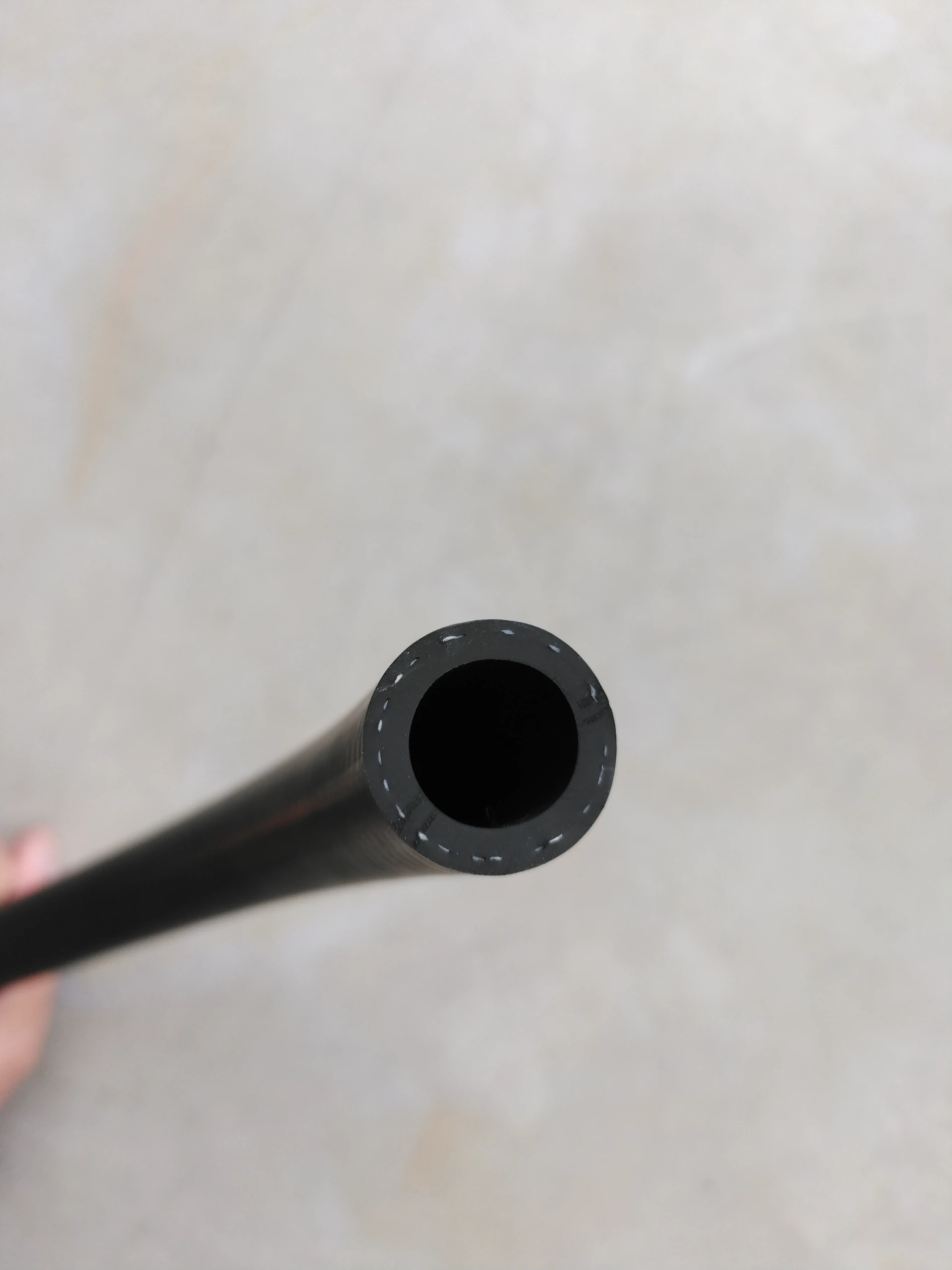bulk fuel hose
Nov . 18, 2024 04:40 Back to list
bulk fuel hose
Bulk Fuel Hose Essential Components for Safe Fuel Handling
In the modern era, the transportation of fuel is a necessary function that supports a wide range of industries, from agriculture and construction to manufacturing and logistics. At the heart of this operation is a crucial component the bulk fuel hose. Understanding its significance, composition, and application can greatly enhance safety, efficiency, and operational reliability.
What is Bulk Fuel Hose?
Bulk fuel hoses are specialized hoses designed for transferring fuel, whether liquid or gaseous, from one point to another, typically from storage tanks to vehicles or machinery. These hoses are constructed to handle various types of fuels, including gasoline, diesel, biofuels, and more. Given the volatile nature of fuels, it is imperative that bulk fuel hoses comply with strict safety and quality standards to mitigate the risk of leaks, spills, or explosions.
Composition and Features
Bulk fuel hoses are constructed from materials specifically designed to resist the adverse effects of fuel, UV radiation, and environmental conditions. Common materials include
1. Rubber Often reinforced with synthetic fibers, rubber hoses offer flexibility and durability. They can withstand temperature fluctuations and are typically resistant to abrasion.
2. PVC (Polyvinyl Chloride) Lightweight and flexible, PVC hoses are commonly used for low-pressure applications. They are generally less expensive but may have limitations in terms of temperature resistance and durability compared to rubber hoses.
3. Composite Materials Some hoses are made from advanced composite materials that offer enhanced strength, flexibility, and resistance to various chemicals and temperatures.
Key features of bulk fuel hoses include
- Temperature Range They are designed to operate effectively within a wide temperature range, ensuring that fuel can flow without solidifying or degrading the hose's integrity.
- Pressure Rating Bulk fuel hoses come with different pressure ratings, highlighting their capability to handle specific fuel transfer applications safely.
- Reinforcement Layer Many hoses contain reinforcement layers (e.g., steel wires or textile braids) for added strength and pressure resistance.
- Anti-static Properties Because fuels can generate static electricity, anti-static features are critical to prevent sparks and fires during the transfer process.
bulk fuel hose

Applications of Bulk Fuel Hose
Bulk fuel hoses see a wide variety of applications across different sectors
1. Transport and Delivery Fuel delivery trucks use bulk hoses for loading and unloading fuel from tanks. The hoses must be robust and leak-proof to ensure secure handling during transport.
2. Fueling Stations At gas stations, bulk hoses are employed to transfer fuel from underground storage tanks to dispensing pumps. These hoses are exposed to frequent use and must meet stringent safety regulations.
3. Industrial Use In manufacturing and construction, bulk fuel hoses are used to supply fuel to equipment and machinery. Their reliability is essential to minimize downtime and maintain productivity.
4. Agricultural Applications Farms often require bulk fuel hoses for fueling tractors and other machinery. The ability to withstand environmental stresses is vital in these situations.
Safety and Maintenance
While bulk fuel hoses are engineered for durability and safety, regular maintenance is crucial to maximizing their lifespan. Here are some key maintenance tips
- Inspect Regularly Periodically check hoses for signs of wear, cracks, or leaks. Any damage should be addressed immediately to prevent potential hazards.
- Clean Properly Clean hoses after use to remove any residual fuel. This practice helps prevent degradation over time and avoids contamination.
- Follow Manufacturer Guidelines Adhere to the manufacturer’s recommendations for installation and usage. This ensures that hoses perform as intended and remain safe under varying conditions.
- Replace When Necessary Bulk fuel hoses have a lifespan that depends on usage and environment. Regularly assess their condition and replace them when they no longer meet safety standards.
Conclusion
In conclusion, bulk fuel hoses are indispensable tools in the safe and efficient handling of fuel across various industries. Their design, material composition, and applications emphasize their importance in ensuring that fuel transfer operations are executed smoothly and safely. By prioritizing high-quality hoses and adhering to proper maintenance procedures, companies can significantly reduce the risks associated with fuel transportation while enhancing their operational effectiveness.
